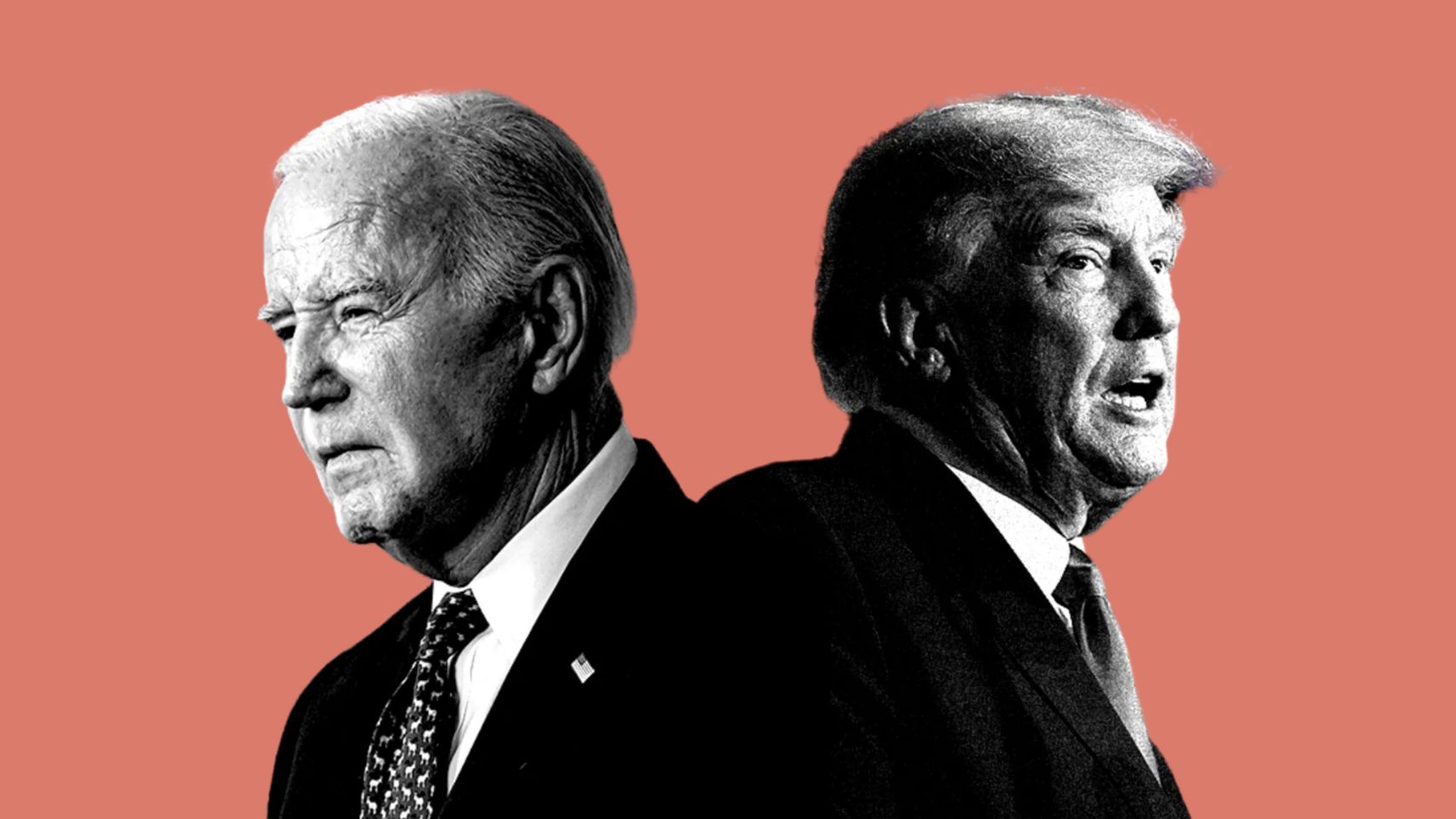Unless you’ve been living under a rock (and honestly, who could blame you?), you probably caught wind of the first presidential debate last night. Shockingly, it was the dumpster fire we all expected, starring a degenerate racist and an octogenarian president. They’re proving the obvious: old white men shouldn’t be running the country. The showdown between President Joe Biden and former President Donald Trump resembled a catfight in a nursing home, with immigration being the hot topic they fumbled around. Latina journalists Susanne Ramirez de Arellano, Jean Guerrero, and Alexi McCammond provided much-needed clarity, dissecting how the presidential debate spectacularly ignored the Latino community’s concerns.
Susanne Ramirez de Arellano: The Need for Balanced Immigration Policies
Susanne Ramirez de Arellano, a prominent Latina journalist, expressed her disappointment with the debate’s handling of immigration. As a Latina, she wanted to hear a balanced discussion from President Biden on the need for border security alongside humane policies for immigrants already in the United States. However, she found Biden’s responses lacking in concrete plans for immigration reform. Instead, Biden focused on his administration’s efforts to tighten asylum claims and manage illegal crossings, but he failed to present a comprehensive plan that could resonate with Latino voters.
De Arellano also criticized Trump’s use of immigration as a tool to attack Biden, describing his rhetoric as inflammatory and misleading. Trump’s claims that Biden’s policies had opened the borders to criminals and terrorists were not fact-checked during the debate, leaving many of his assertions unchallenged. For de Arellano, this approach did a disservice to the 36.2 million eligible Latino voters, a crucial demographic for the upcoming election.
Jean Guerrero: The Impact of Anti-Immigrant Rhetoric
Jean Guerrero, another influential voice in Latina journalism, highlighted Trump’s strategy of using anti-immigrant rhetoric to appeal to “minority” communities. Trump claimed that immigrants were taking jobs from Black and Hispanic workers, a tactic Guerrero described as deceptive. She noted that Trump’s scapegoating of immigrants could resonate with struggling individuals, further polarizing the electorate. Guerrero emphasized the lack of a robust counter-strategy from Biden, which allowed Trump’s falsehoods to go unchecked during the debate.
Alexi McCammond: Journalistic Responsibilities and Fact-Checking
Alexi McCammond critiqued the debate moderators for failing to push back against Trump’s false claims. She argued that by not challenging Trump’s statements, the moderators abdicated their journalistic responsibilities. McCammond pointed out that simply thanking the candidates after their remarks normalized the spread of misinformation. This failure to fact-check in real-time allowed Trump’s misleading statements about immigration and other issues to go unchallenged, potentially swaying public opinion based on falsehoods.
The insights of these Latina journalists underscore the critical role that immigration and the Latino vote will play in the 2024 election and why they should be a part of this and every presidential debate. The UCLA Latino Policy and Politics Initiative highlighted the importance of Latino voters in Biden’s 2020 victory, noting that over one in ten voters in the upcoming election are expected to be Latino. This demographic is becoming increasingly influential, making their concerns and perspectives vital for any candidate hoping to win the presidency.
Despite the significance of the Latino vote, neither Biden nor Trump fully addressed the complexities of immigration reform during the debate. And we know no one, especially Latinos, do not live single-issue lives, the economy, reproductive rights, and environmental reforms all affect our communities. But this nuance is lost in any debate or even what subjects we are asked to cover. For Latina journalists like de Arellano, Guerrero, and McCammond, this omission is a missed opportunity to engage with a key electorate and address one of the most pressing issues facing the United States today.
Long story short, we desperately need more Latine folks covering our elections and politics in general. The post-debate analysis was a highlight reel of how Latine communities’ needs continue to be ignored or at best stereotyped. The critiques from Latina journalists are a not-so-gentle reminder that the voices and issues important to Latino voters are as absent from political discourse. With the election looming, we won’t hold our breath for the deep systemic change we need.

